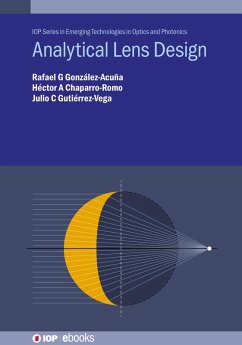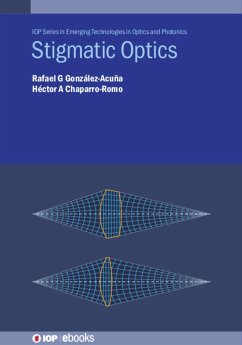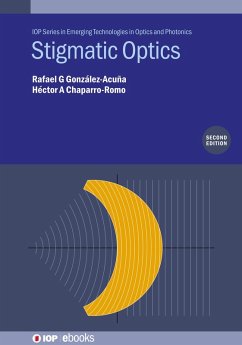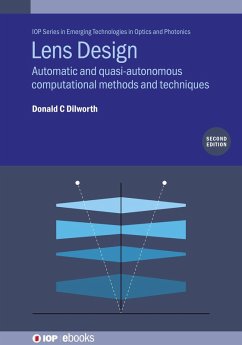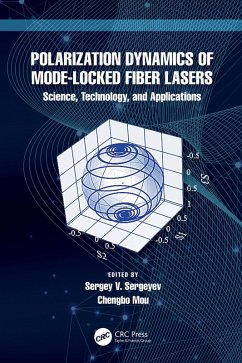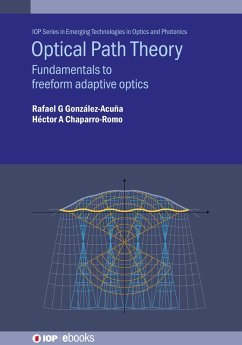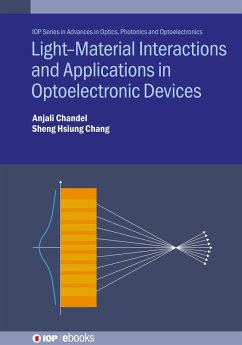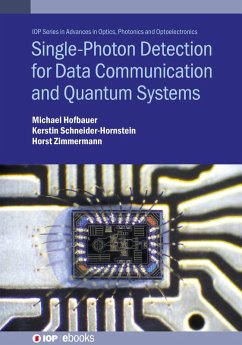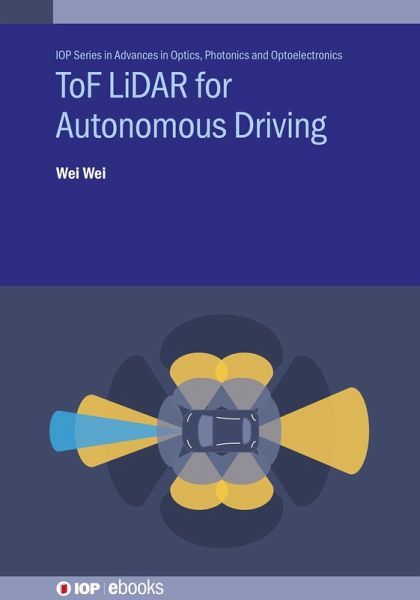
ToF LiDAR for Autonomous Driving (eBook, ePUB)
Versandkostenfrei!
Sofort per Download lieferbar
79,95 €
inkl. MwSt.
Weitere Ausgaben:

PAYBACK Punkte
40 °P sammeln!
This book elaborates the fundamentals, theory and structure of ToF LiDAR, main components used in ToF LiDAR, and driver and processing circuits in ToF LiDAR. This book combines professional and academic knowledge as well as industrial knowledge and experience of LiDAR in autonomous driving. The objective of the book is to give a comprehensive introduction on LiDAR itself from an engineering perspective, rather than its applications which have been elaborated in many LiDAR related book. This book will be useful for graduate students and early-stage researchers who are interested in LiDAR or who...
This book elaborates the fundamentals, theory and structure of ToF LiDAR, main components used in ToF LiDAR, and driver and processing circuits in ToF LiDAR. This book combines professional and academic knowledge as well as industrial knowledge and experience of LiDAR in autonomous driving. The objective of the book is to give a comprehensive introduction on LiDAR itself from an engineering perspective, rather than its applications which have been elaborated in many LiDAR related book. This book will be useful for graduate students and early-stage researchers who are interested in LiDAR or whose research topics are related to LiDAR and junior engineers in LiDAR companies or in robotic companies who use LiDARs to sense and navigate.
Key Features:
Key Features:
- Combines professional knowledge and industrial experience of autonomous driving LiDAR
- Appropriate for both students and engineers, covering not only fundamentals but also industrial knowledge.
- Bridges the gap between the academic and industrial knowledge
- Provides engineers a deeper insight into LiDAR including the industry chain and supply chain of LiDAR.
Dieser Download kann aus rechtlichen Gründen nur mit Rechnungsadresse in A, D ausgeliefert werden.





